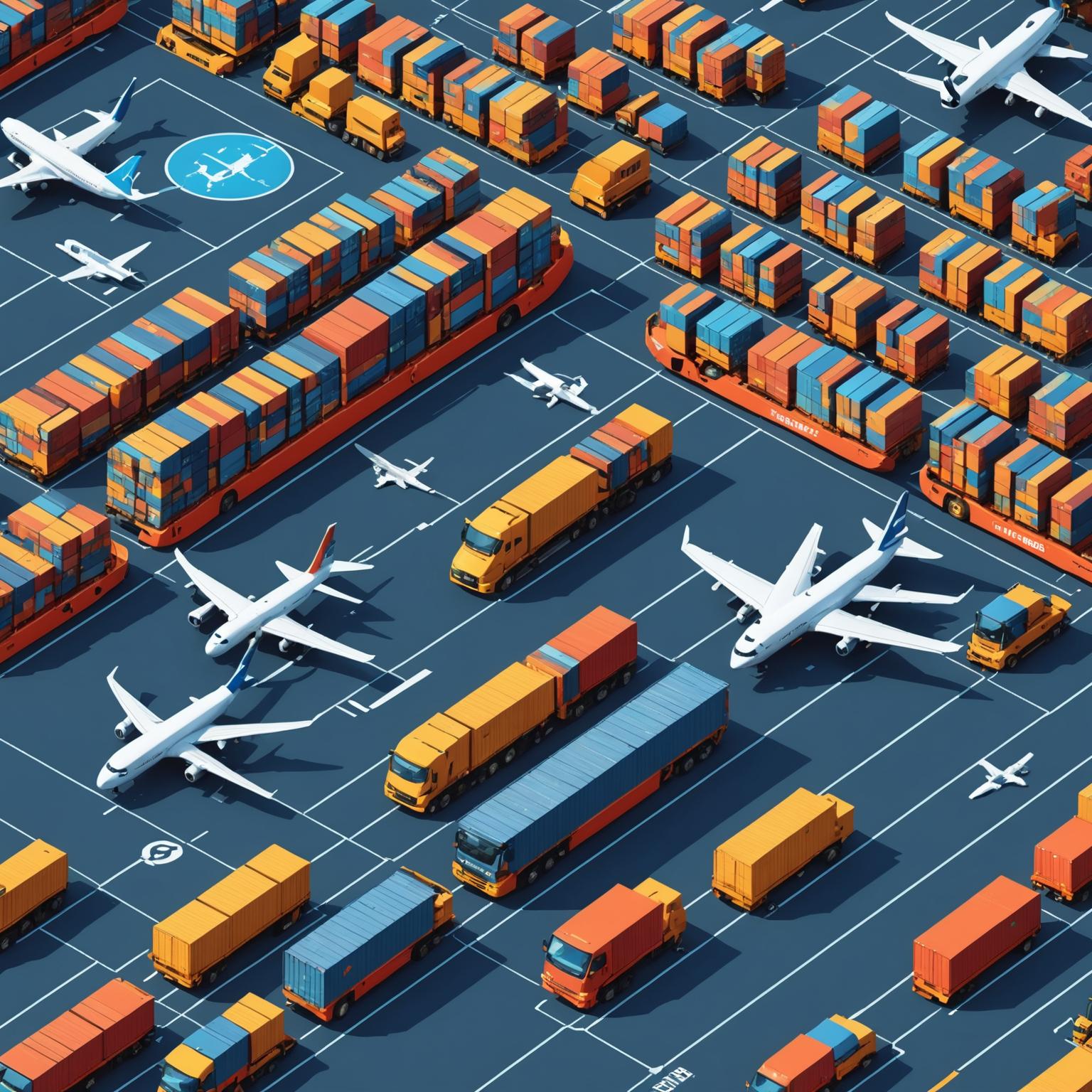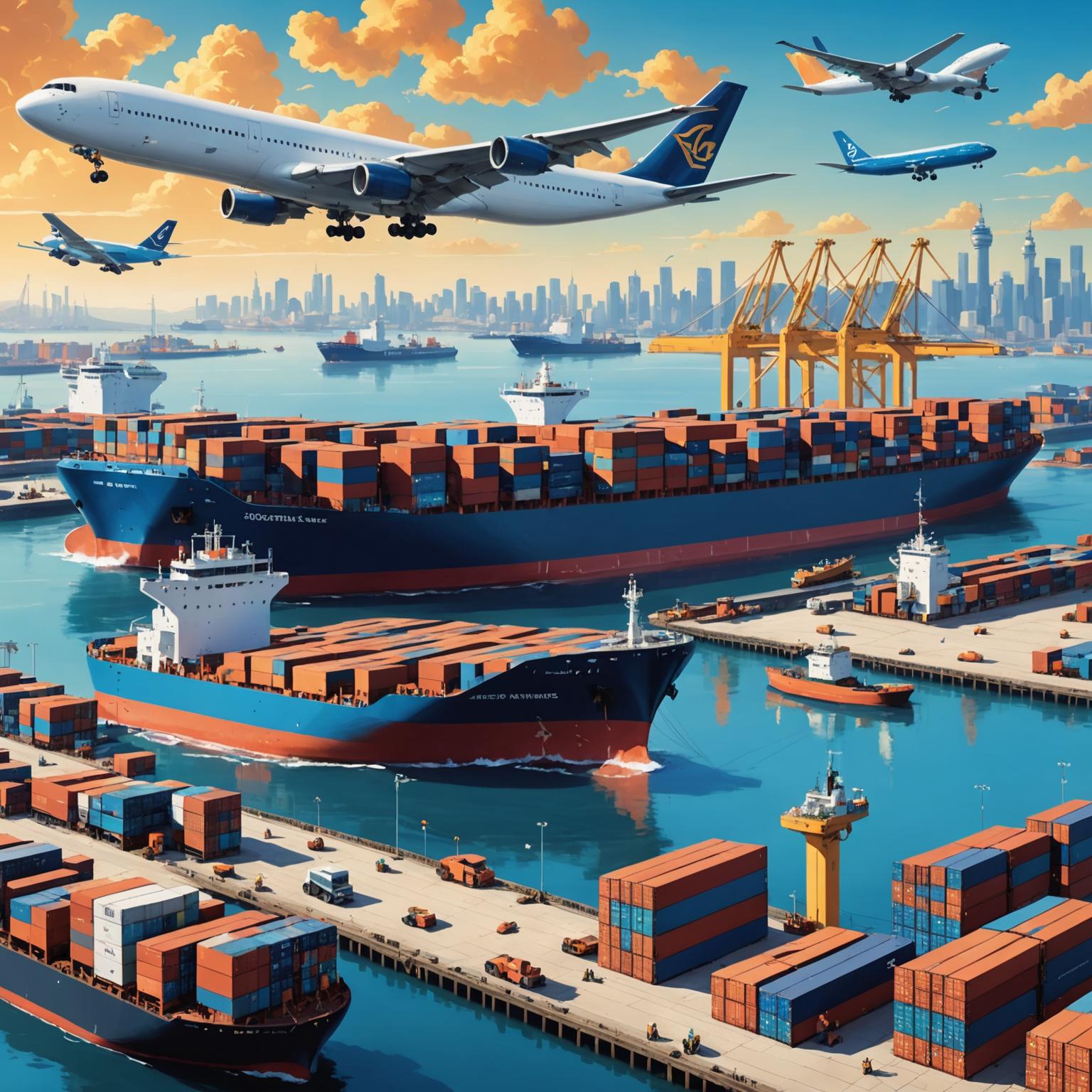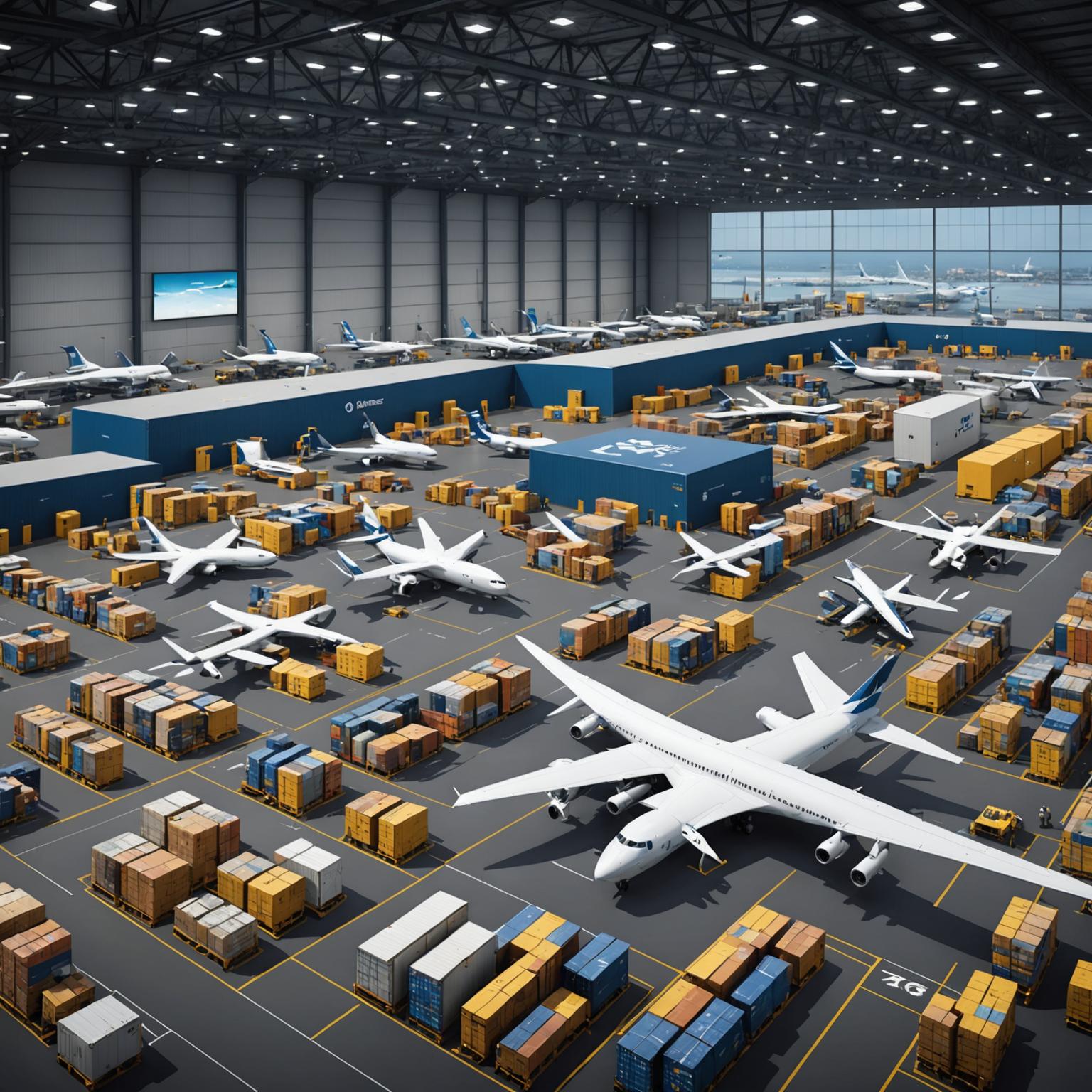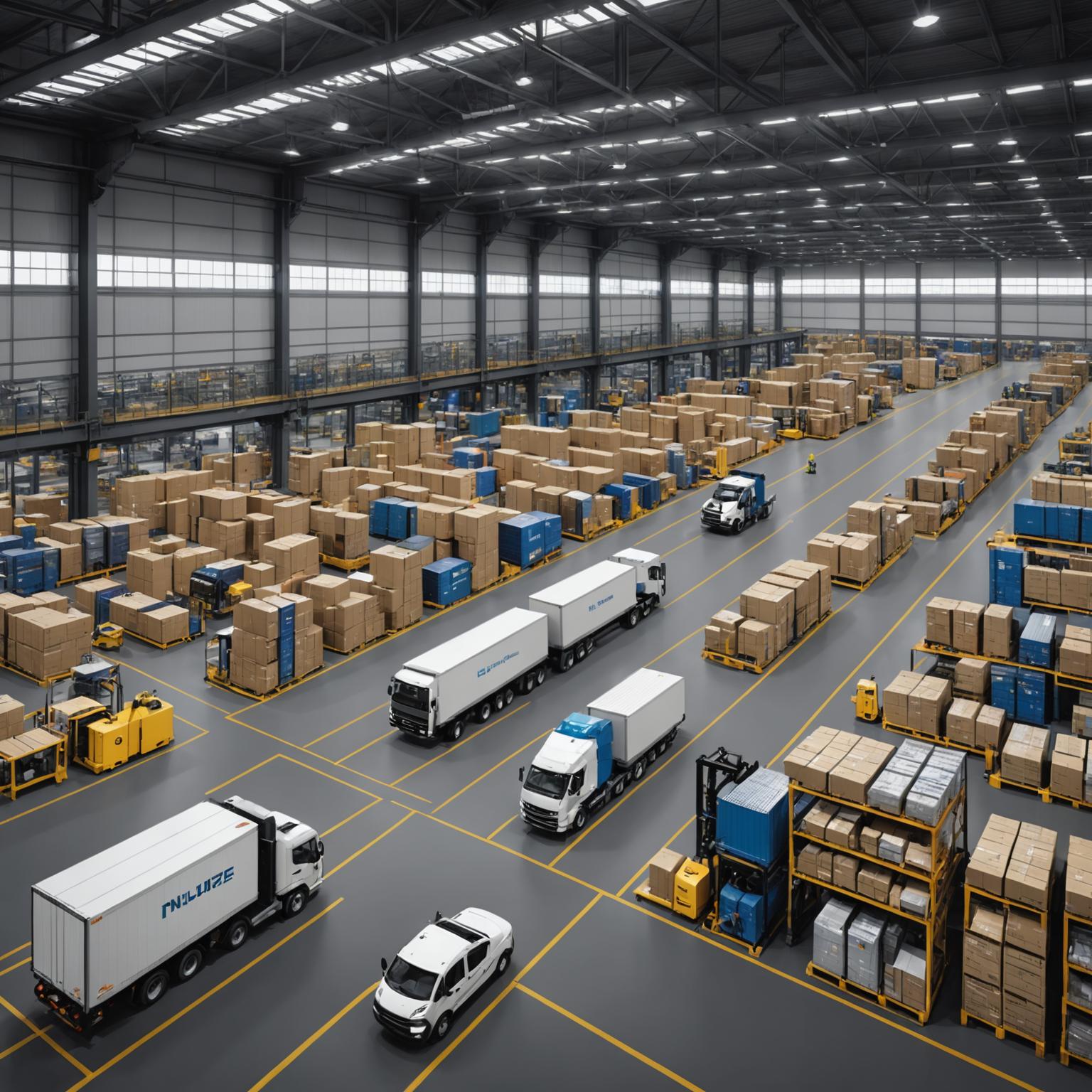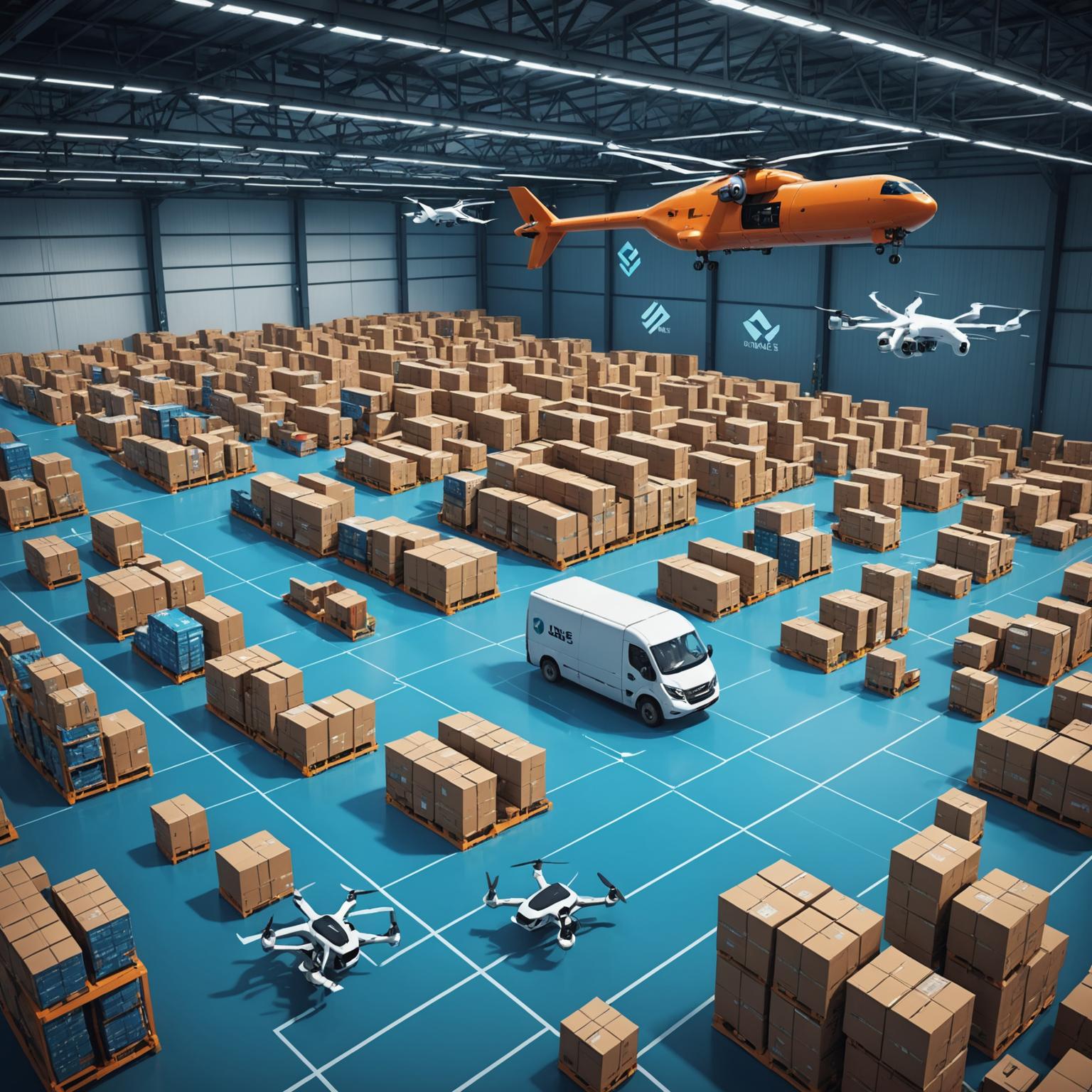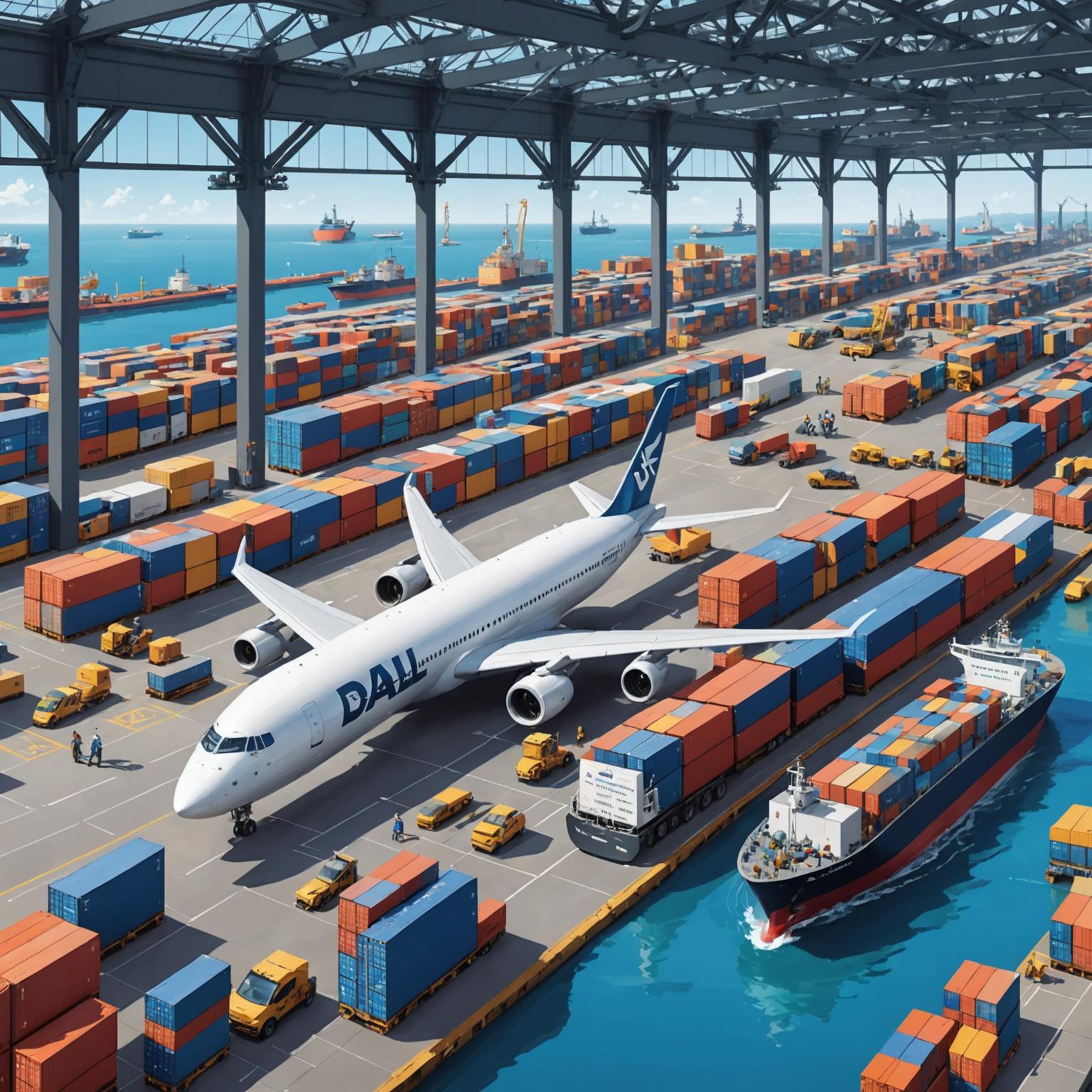Navigating the complexities of international logistics is a cornerstone of modern commerce, enabling businesses to connect with markets and customers across the globe. Success in this field requires a deep understanding of the intricate web of processes that move goods from one point to another. This global ecosystem relies on a harmonized interplay of different transport modes, sophisticated technology, and expert management to ensure efficiency, reliability, and cost-effectiveness. The entire framework of Global logistics is designed to overcome geographical barriers and create a seamless flow of trade worldwide.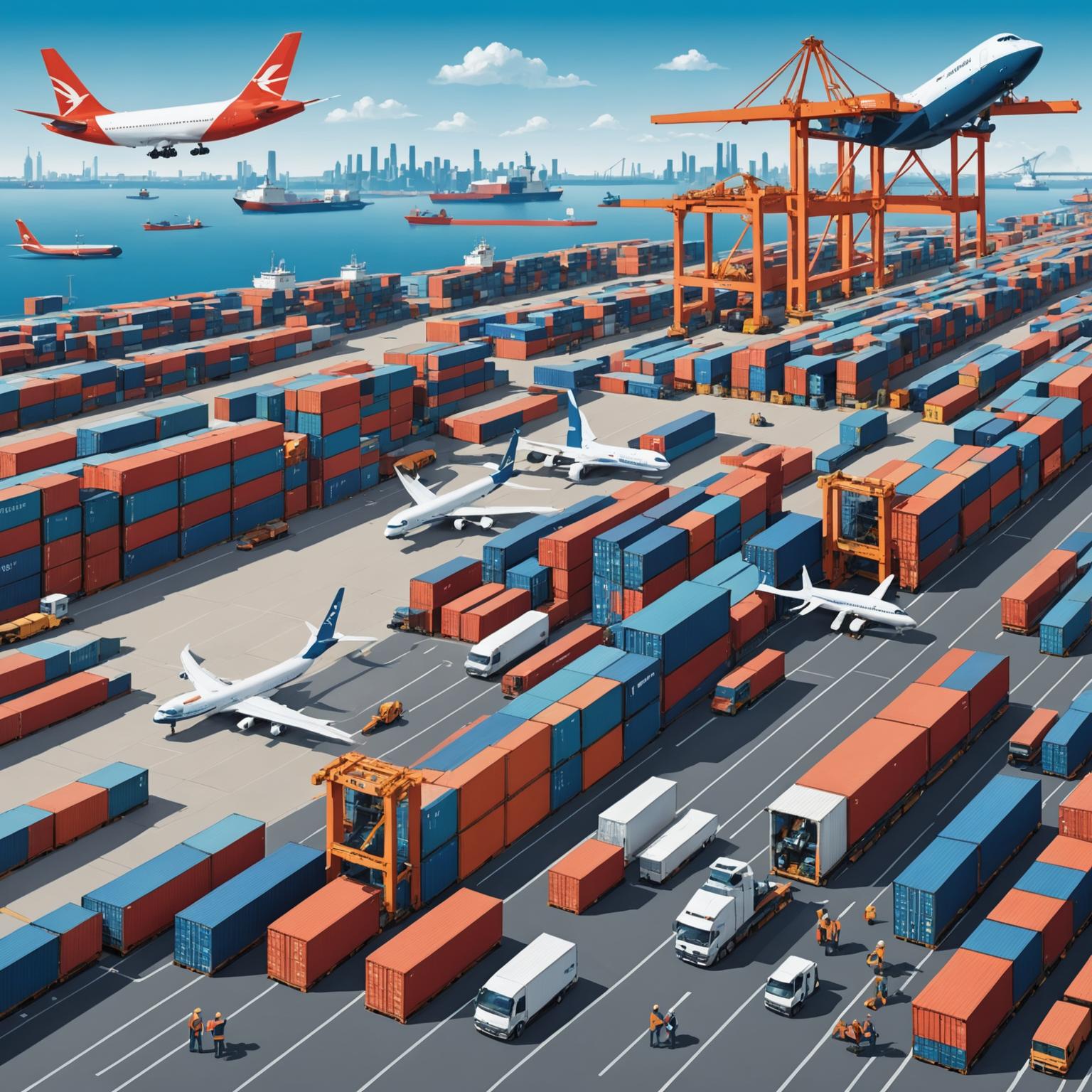
The Backbone of Modern Trade: Global Logistics
Global logistics extends beyond simply shipping a package; it is the comprehensive management of the entire supply chain. This includes planning, implementing, and controlling the movement and storage of goods, services, and related information. To orchestrate this complex symphony, businesses are turning to advanced, integrated platforms like the TriLink Integrated Logistics Platform. Such systems provide a centralized hub to manage every facet of the supply chain, from booking and monitoring shipments to optimizing routes with AI-driven analytics. This consolidation empowers businesses of any size to enhance reliability, reduce operational expenses, and gain unparalleled visibility into their operations.
Taking to the Skies: The Role of Air Transportation
When speed and agility are paramount, Air transportation is the go-to solution within the logistics network. Ideal for time-sensitive, high-value goods, this mode makes the skies a company's fastest ally. Modern Air transportation is powered by advanced tracking systems and sophisticated route planning that ensure your cargo arrives on schedule. Integrated platforms provide real-time updates and optimize flight paths, minimizing delays and maximizing efficiency. This level of precision and speed is critical for industries such as pharmaceuticals, electronics, and e-commerce, where delivery timelines can define market success.
Sailing the Seas: Cost-Effective Sea Transportation
For the movement of large volumes and heavy cargo, sea transportation remains the powerhouse of international trade. It is the most cost-efficient method for crossing continents, making it essential for bulk commodities and manufactured goods. The sheer capacity of modern cargo ships allows for economies of scale that are unmatched by other transport modes. Today, the process is far more transparent thanks to digital container tracking systems that provide live updates on a shipment's location and status. This technology reduces port downtime and increases supply chain transparency, connecting businesses to a global network of ports and shipping lanes flawlessly.
Integrating Systems for End-to-End Efficiency
A truly effective international logistics strategy is one that seamlessly integrates every link in the chain, from the global transit down to the final warehouse shelf. After goods arrive via air or sea, their journey continues within the warehouse, a critical node in the supply chain. This is where solutions like the WarehousePro 360° Management System become indispensable. This system revolutionizes inventory management with real-time tracking, data-driven insights to optimize workflow, and enhanced team collaboration through connected devices. By focusing on streamlined operations and safety, WarehousePro ensures that the efficiency gained in transit is maintained and amplified during storage and final distribution, creating a powerful, end-to-end logistics machine.

